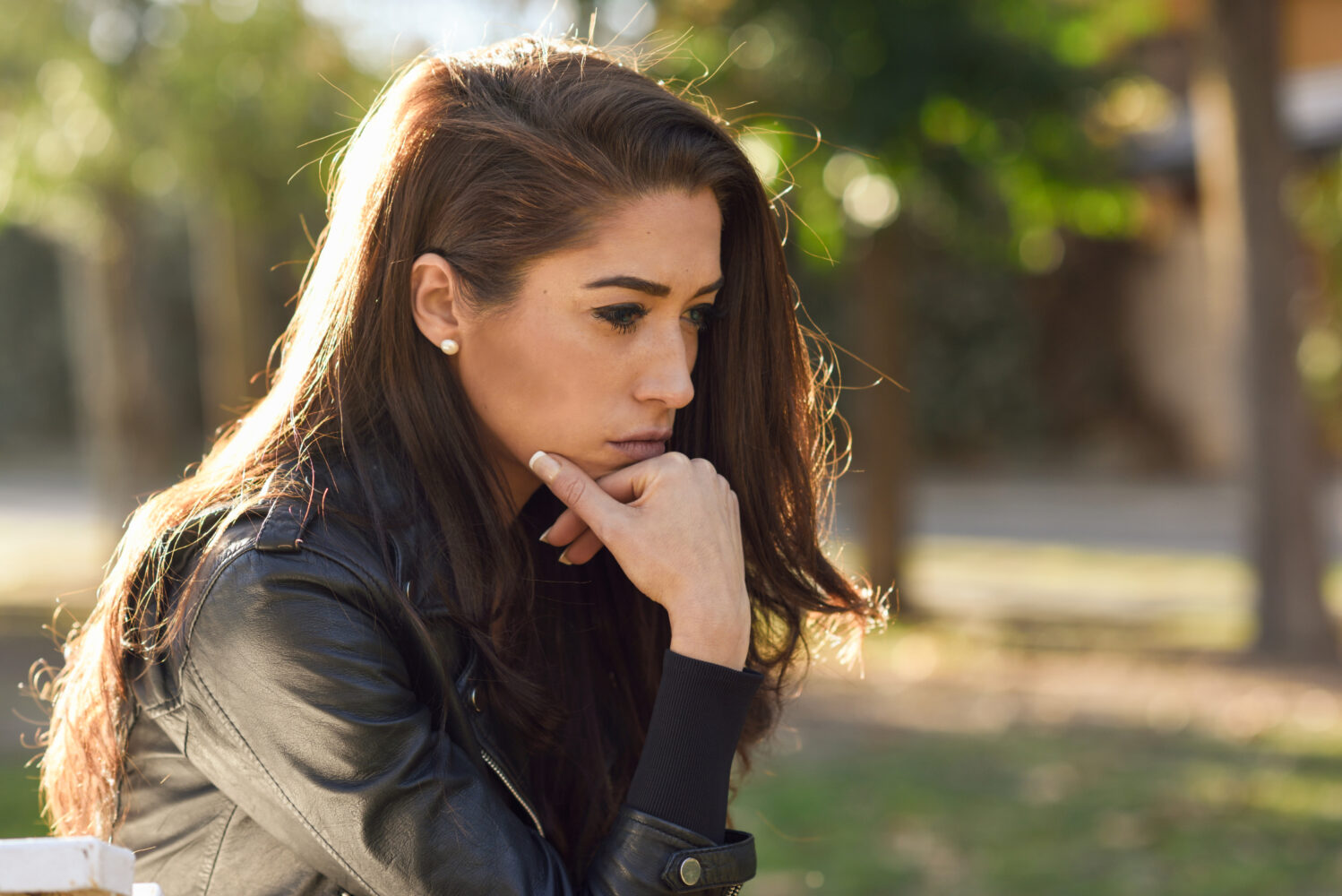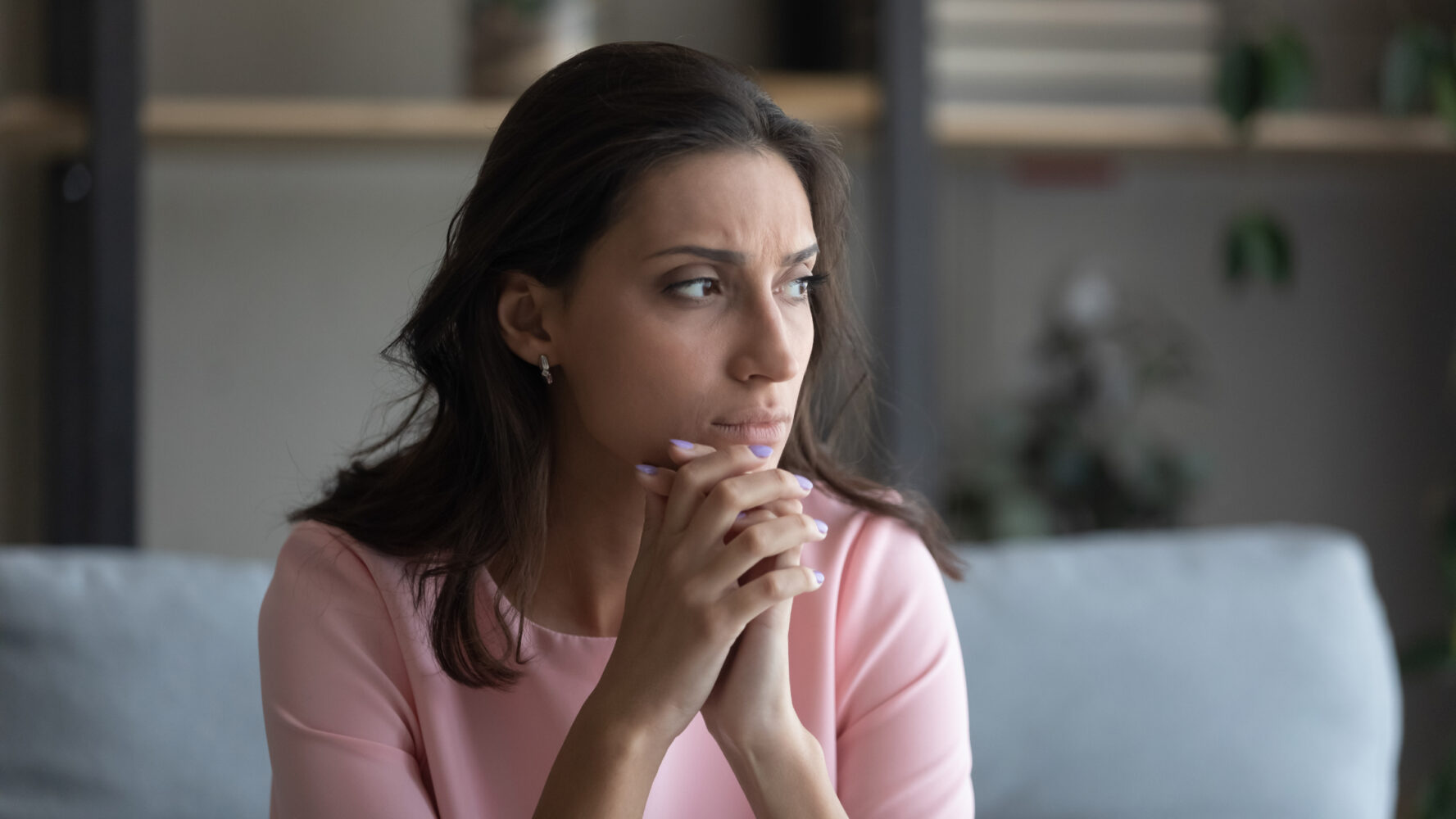
Honour-related violence
Honour-related violence is mental or physical violence that is committed to prevent the honour of the family from being violated or to restore their honour. For example, because someone refuses a forced marriage or has a (sexual) relationship with a partner who is found to be unsuitable. The violence manifests itself in a variety of ways and it can be targeted at both men and women.
Women and girls can experience honour-related violence if, for example, they have sex before marriage or are in an (alleged) extramarital relationship; are pregnant whilst unmarried; refuse an arranged marriage or have a lesbian identity or relationship. Men and boys may be subject to this if, for example, they (supposedly) have the wrong friends; because they have a (sexual) relationship with a (married) woman who is rejected by the family; because they refuse an arranged marriage; have a homosexual identity or relationship; or refuse to engage in honour-related violence.
The violence manifests itself in a variety of ways. Examples include social control and other restrictions on freedom; marital captivity; psychological abuse, intimidation and threats of sanctions; physical abuse and/or mutilation; honour killing; (forced) suicide; forced abortion or renunciation of a child; rejection; healing rituals and incantations. Other examples include forced marriage and forced abandonment. For more information on these specific forms of honour-related violence, see the pages on forced marriage and forced abandonment.
Are you affected by honour-related violence?
This is what you can do!
Contact Safe Home
Safe Home is for everyone who is directly or indirectly affected by domestic violence and child abuse and has experts in the field of honour-related violence.
You can call for advice and support. This can either be for yourself or for someone else. You will speak to an employee who will listen carefully to what you have to say. This employee answers questions and gives advice. The employee will check with you whether professional help is needed and what help is best. You can remain anonymous if you want or need to.
Sometimes, it quickly becomes clear what the problems are and what help is needed. In that case, we will refer you to the right service or organise the right help for you. Sometimes, the problem is not clear and therefore that needs to be established first. Safe Home does this with the people concerned, as much as possible. In the case of honour-related violence, Safe Home takes a careful, step-by-step approach, in which the safety of those involved is always our main priority. Are you not sure? Call us, anonymously if you want, for advice. Nothing changes if you don’t!
Think about who you can share your concerns with
When dealing with honour-related violence, it can be very difficult to confide in someone because you want as few people as possible to know about it. Remember that you can ask for anonymous advice from Safe Home, at any time. If you’re under 18, you can also talk to someone at your school or call the Children’s Helpline (0800 0432).
Often, there are more people willing to help you than you think. You can talk to this person and ask if he or she will come along with you to your General Oracticioner, for example. You can also seek help yourself.
Are you abroad?
Ask the Dutch Ministry of Foreign Affairs for advice or immediate assistance.
Need help right away? Call the police!
Emergency? Call 112.

What happens when I call?
- We listen to your story
- You get advice
- We will look for help together
You can contact us 7 days a week, 24 hours a day (for free).
This is what you can do if you are worried about someone else
Contact Safe Home
If you are worried about someone else, be very careful who you talk to about it. Three important main rules apply in the event of honour-related violence:
- Don’t try on your own, but call in experts when in doubt. Safe Home has in-house expertise to identify signs and can advise on follow-up steps.
- Assess whether there is an imminent danger.
- Keep the information in a very small circle. Disclosure increases the risk of honour-related violence. Whatever you do, do not involve family. Do not give or ask for information and do not use the family for interpreting services.
Talk to the person involved
Talking to the person you are worried about is a big step. You often don’t know what’s going on exactly. And you don’t want to hurt the other person’s feelings. In addition, the victim may feel ashamed and wants to keep it secret. It is also possible that your concerns were unjustified. Still, it is better to find out. If the case does involve violence, you can discuss together how you can do something about it.
If you would like advice on how to start a conversation and what to pay attention to, you can also contact Safe Home.
As a professional, you must adhere to the Honour-Related Violence reporting code, which on some points deviates from the Domestic Violence and Child Abuse Reporting Code.
Need help right away? Call the police!
Emergency? Call 112.
